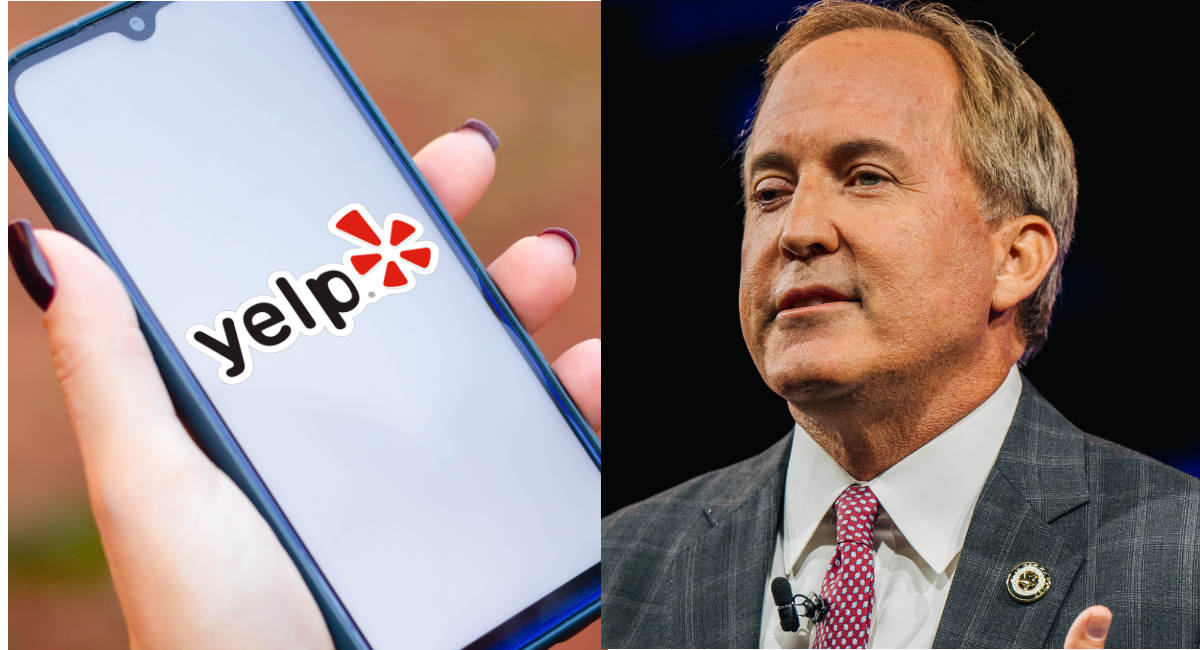A judge has refused an attempt by Yelp to shield itself from a lawsuit filed by the state of Texas.
In October, Texas Attorney General Ken Paxton sued Yelp, Inc. after it posted notices on its site claiming that pregnancy resource centers (PRCs) provide limited medical services. Paxton accused Yelp of violating a Texas law against unfair business practices. Beginning in August of 2022, Yelp put a notice on pages featuring PRCs which read, “This is a Crisis Pregnancy Center. Crisis Pregnancy Centers typically provide limited medical services and may not have licensed medical professionals onsite.”
Paxton claimed the notice is misleading because it is posted on all PRC pages on Yelp, even if they do have licensed medical professionals onsite. Yelp then changed the notices to read that PRCs “do not offer abortions or referrals to abortion providers.”
Just one day prior to Paxton’s suit being filed, Yelp sued Paxton in San Francisco federal court in an effort to keep Paxton’s suit from being filed, citing their right to free speech.
U.S. District Judge Trina Thompson dismissed Yelp’s lawsuit, though she said her ruling should not be taken as supporting Paxton’s suit. “To be clear, the court is not convinced that Paxton acted entirely in good faith in bringing this case against Yelp; still, Yelp has not provided enough concrete evidence of his subjective motivations to prove otherwise,” she wrote.
She did, however, note that Yelp’s lawsuit does not escape prior court precedent. “Though he brought the case after Yelp filed in this court, he had advised Yelp that he might sue one week before Yelp filed. And Yelp has not pointed to concrete evidence of Paxton’s desire to rebound from his near-impeachment or to curry favor among Texas voters. Nor has Yelp pointed to a history of harassment from Paxton,” she wrote.
In a statement, Paxton applauded Thompson’s ruling. “Yelp cannot mislead and deceive the public simply because the company disagrees with our state’s laws,” said Attorney General Paxton. “I’m pleased that the court agreed with Texas that Yelp’s federal lawsuit was a frivolous attempt to avoid enforcement for misleading consumers.”







